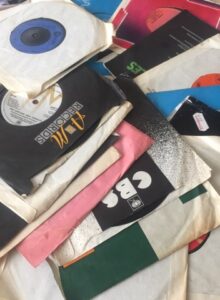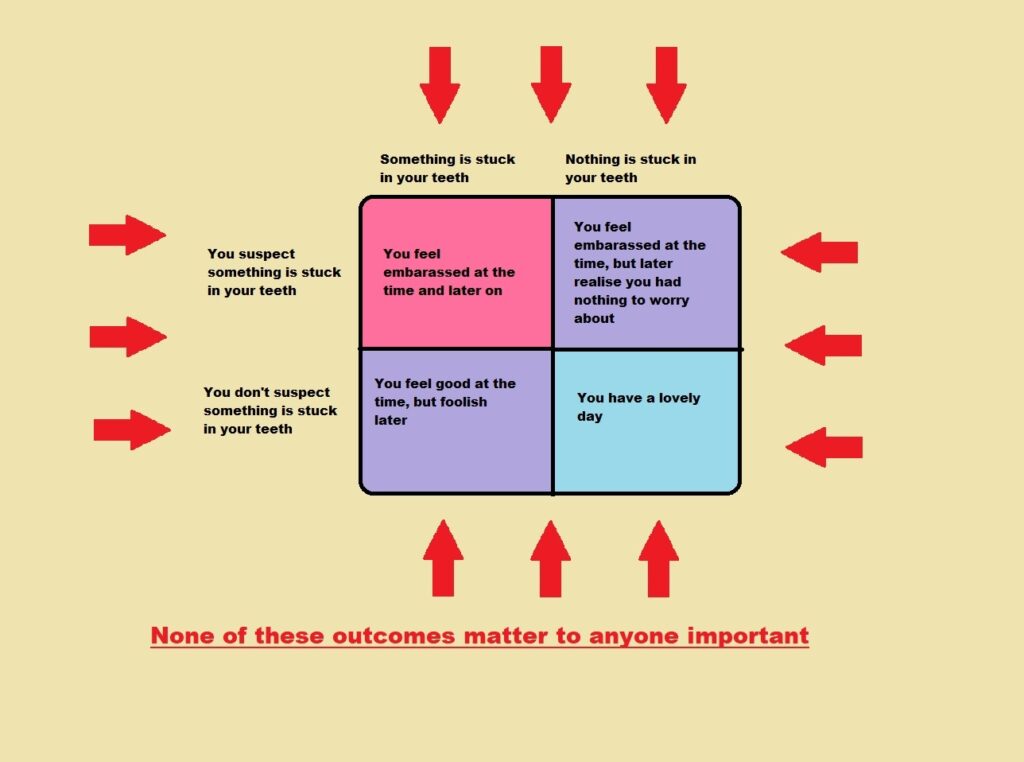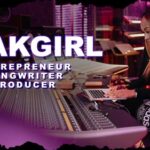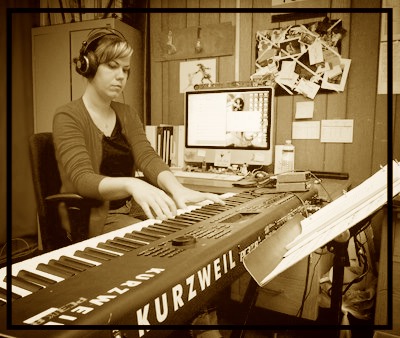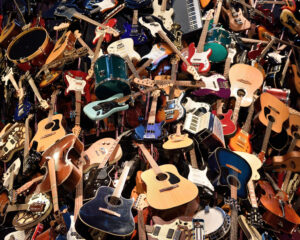As studio owners, Jeff and I get tons of requests for advice regarding how audio professionals can either kick start or amp up their careers. In an industry that doesn’t necessarily post jobs on a website, use recruiters, or have a standard interviewing process, how are talented creative people supposed to get their foot in the door? There are so many different ways to answer these questions, but at least one large chunk of this is personal marketing.
I read a lot in my spare time, and I love to get my brain working with business books of all kinds. Unfortunately, I’ve found personal marketing books tend to be, in my opinion, relatively useless for those of us in the sound field. They seem to be full of tips either so obvious that they’re painful (Make a website! Write an amazing resume!) or filled to the brim with antiquated business advice (Make sure you have professional business cards!).
So, I thought that I would put together a few interesting ideas that I’ve seen people use to creatively market themselves in the field of audio. Here they are!
Offer to write member interviews for your industry guild’s publication.
I know a mixer who did this years ago when she still lived on the east coast and was attempting to jump-start her career. She interviewed tons of top mixers in a thoughtful and engaging way. Then, when she decided to take the plunge and move to Los Angeles, she already had a bevy of contacts who had personally interacted with her. She never would have gotten to know all of those top industry professionals if she hadn’t volunteered her time for her industry magazine. To this day, whenever I’ve heard her name mentioned in passing, everyone is always quick to say, “Oh, you know her, too? Everyone knows so-and-so! She’s so amazing!” She put in the hard work upfront and it paid out tenfold in the long run.
Offer to write articles for an online professional magazine.
In this case, you can really present yourself as an industry influencer and/or technical expert. I mean, how amazing would it be if a potential employer googled your name, and fifteen plugin reviews from a top online audio magazine came up with your headshot and byline? You would definitely appear to be a cut above the rest. This is a great way to absolutely crush your SEO. If you go this route, you may want to prepare a spec piece to give them a sample of the kinds of things you would like to produce. Also (added bonus!), don’t be surprised if writing interesting product reviews also results in offers to try out new plugins for free! This is a great way to build your audio arsenal and your online brand.
Engage with your community on social media.
Follow sound professionals you admire on Twitter and comment on their tweets. Join some audio Facebook pages (I love Game Audio Denizens, Sound Girls Private, and Professional Freelance Sound Mixers) and comment on posts. Like your favorite studios’ Instagram pics. People love to feel connected, and it’s easier than you might imagine to feel like you “know” someone after you’ve interacted a few times on social media. This is the virtual version of hanging out in the right room. If you’re there long enough and you make your presence known (in a non-annoying way), you will inherently be seen as belonging. I would caution you to start small with commenting and liking, then move on to posting when you’re more confident. Definitely, don’t just jump in and post every day. That’s like crashing a wedding and then hopping on stage to give a speech.
Volunteer at a non-profit that involves your prospective clients or co-workers.
I’m a member of the non-profit group Women in Animation whose mission is to advance women in the field of animation. Their current goal is to reach 50/50 (men-to-women ratio) by the year 2020, which is absolutely amazing! You might ask why I’m into Women in Animation rather than SoundGirls, which has a similar goal but for the audio field. I’m actually in both, but the distinction is extremely important: I’m involved in the animation group for my personal/business marketing and the sound group for my own enjoyment.
That’s because when your aim is personal marketing, you want to put yourself in the “right room.” And that means a room with the people who can get you work, which is very different than a room filled with your peers. Boom Box Post does sound for animation, and we’re hired by animation studios. So that means that the main place I need to network is with animation professionals. For freelance sound editors, that might mean going to guild events to connect with new supervising sound editors. For mixers, it might mean attending a charity golf tournament sponsored by the post department of one of the big studios. The most important thing is to write down the top three people/job titles that could help you to find work, and then brainstorm places that those people might be.
Start your own professional networking group.
I know a few people who have done this. This can mean putting together speakers for a quarterly professional panel discussion, or maybe just setting up drinks at a local bar for like-minded audio professionals. Whatever it is, you can put yourself on the map and meet a lot of amazing people along the way. If you’re facilitating networking and/or learning opportunities for others, chances are that one day they will want to reciprocate the investment you made and help you out. Plus, you’ll get to have a fantastic time along the way!
Start a Lunch & Learn club.
Jeff and I came up with the idea of holding monthly “Lunch and Learn” sessions a few years back, and we’ve been blogging about it ever since! Every month, we get our team together for lunch, and then one person gives a demonstration of anything at all at which they consider themselves an expert. This can mean using a certain plugin, cutting a slo-mo sequence properly, using Soundminer to the max, etc. It’s a great way to keep everyone both learning and teaching, and also gives the team a go-to person should they ever have questions on the topic in the future.
Since beginning to blog about this, we’ve had numerous people tell us that they’ve started their own Lunch and Learn at work. We absolutely love this! Keep the good karma going and share your knowledge. Lunch and Learns not only show everyone involved in the best light as creative professionals, but they also give everyone a chance to invest their time and energy in helping those around them. And an investment in others is always something that can pay dividends down the line when those same people are in a place to hire you, recommend you, or even just walk your dog when you’re on vacation!
Start a virtual freelancers club.
If I had to guess, I would say that the number one group of people Googling “self-marketing” are freelancers. It’s hard to know where to start in making connections and positioning yourself correctly for a fab career in the future when you work from home and rarely interact with others. If you don’t get a lot of time with peers, starting a freelancers club is a great jumping-off point in marketing yourself!
For most professions, a freelancers club usually means meeting up once a week with other freelancers at someone’s home or a coffee shop and working in the same space so that you can be a little more accountable regarding how you spend your time and also get to feel like you have co-workers. Obviously, the need for a desk full of audio gear doesn’t exactly make this practical, at least in its usual incarnation.
But, I love the idea of starting a Slack channel or using other e-workplace software to create a virtual freelancers’ club. We all need other people to bounce ideas off of, get tech support from, bullshit with, and (most importantly) share stupid .gifs about things like our bad lunch habits and Golden Girls obsession. So go ahead a get e-out there! Having a set small group that you always interact with will make your workday much more enjoyable, eventful, and help you to bond with others who could help to vouch for you in the future.
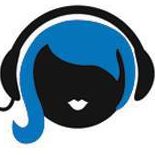
 Spotify Launches Second Year of EQL Residency – Apply Now! Deadline is June 7th!
Spotify Launches Second Year of EQL Residency – Apply Now! Deadline is June 7th! Catherine Vericolli: A Sense of Wonder
Catherine Vericolli: A Sense of Wonder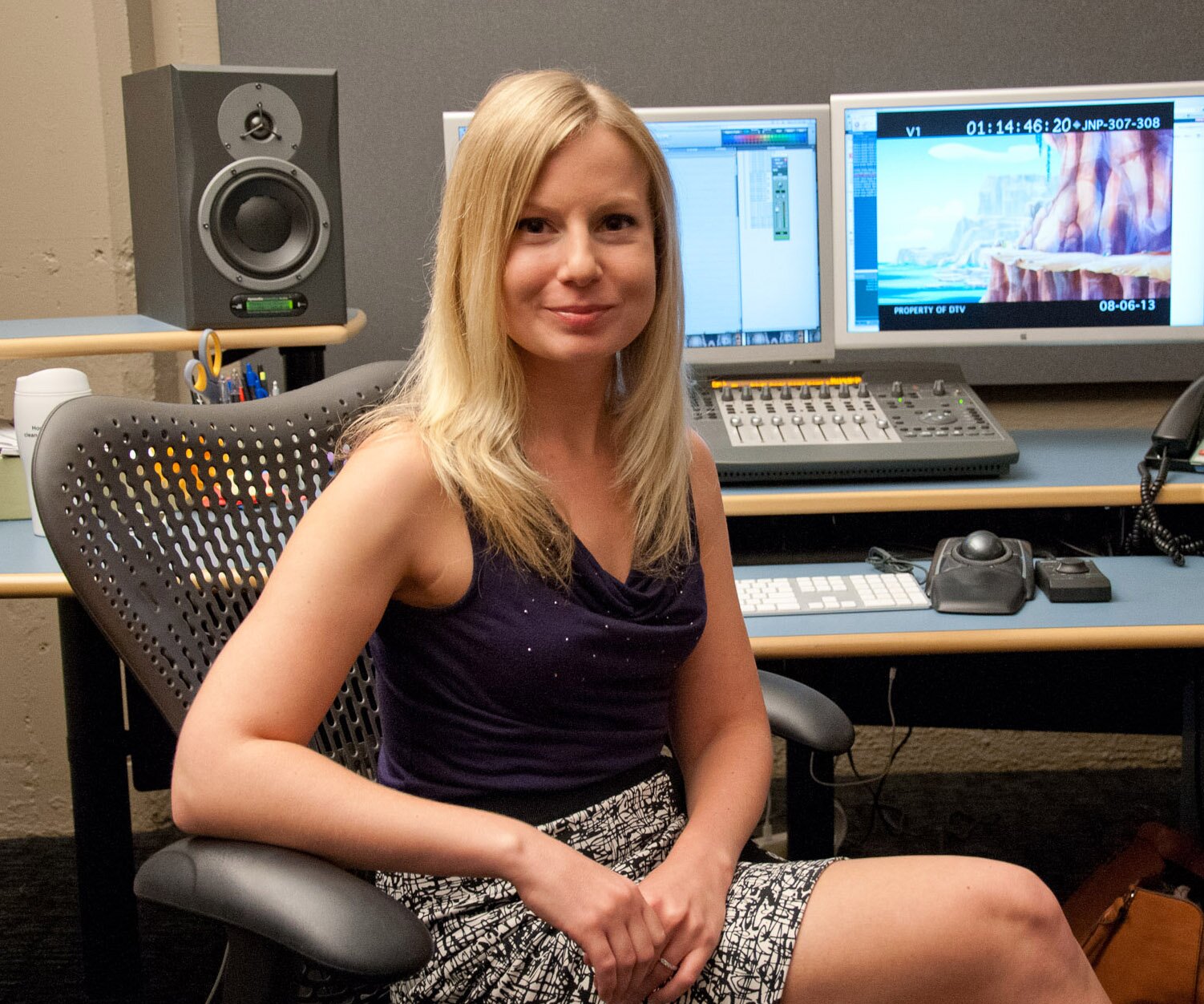
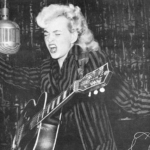

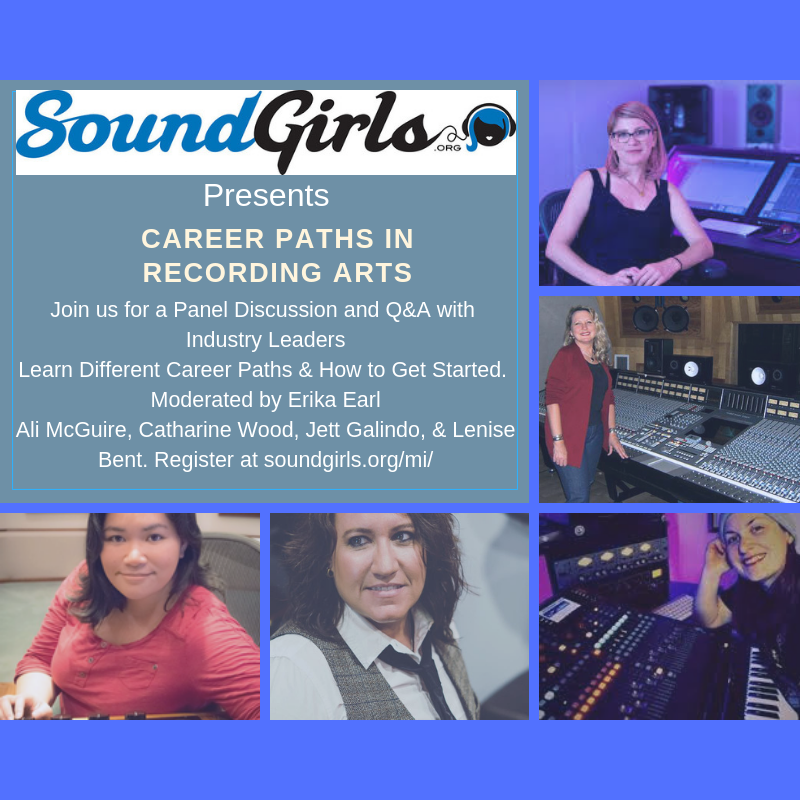 Register For Career Paths in Recording Arts
Register For Career Paths in Recording Arts




